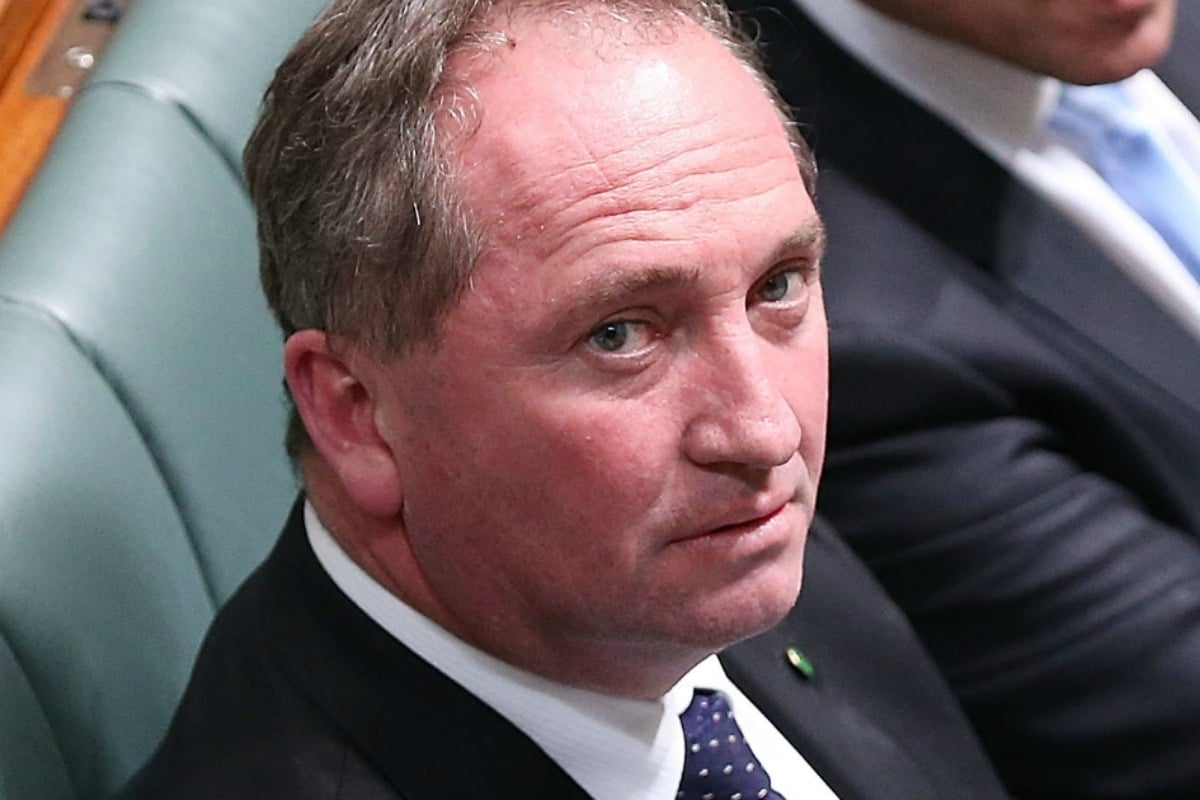
In Armidale, New South Wales, situated about half way between Sydney and Brisbane, lives a little boy named Thomas Joyce.
He has tiny legs, not much hair, and probably gurgles sometimes as two month old babies tend to do.
And apparently he has something to do with my uterus. Yours too.
You see, this week Independent MP Alex Greenwich presented a bill to the NSW Parliament calling for the decriminalisation of terminations up to 22 weeks.
Greenwich argued that women and doctors are operating under an “out of date law” drafted 119 years ago.
Barnaby Joyce, the former deputy Prime Minister of Australia and MP, however, thought there was something missing from the debate. Namely, his two month old son, Thomas.
In politics you have to fight the hard fights not just easy ones. I believe the other side of this debate is not being heard and I have a duty to ventilate it.
This legislation must go to a committee so others can have the same right, to ventilate an alternate view. pic.twitter.com/2BQciRChth— Barnaby Joyce (@Barnaby_Joyce) August 1, 2019

Top Comments
I strongly believe in a woman's right to terminate a pregnancy for whatever reason and that the rights of the foetus do not trump those of the woman. However, even I was taken by surprise (and shocked) when I had to dispose of an aborted foetus in the sluice room of a private London hospital in the late 1970s. It was not a cluster of cells, but a fully formed foetus and could not be mistaken for anything other than a human baby. That experience still did not make me anti abortion and Barnaby Joyce can sod off with his sentimental clap trap about sub humans.
Why would any of us care about the opinion of a guy who clearly wouldn’t even wear a condom to avoid having his girlfriend face the apparent horror of abortion?
You want to reduce abortions Barnaby? Maybe campaign to get that male contraceptive pill back on trial- the one that was halted because men considered the same side effects as the female contraceptive pill to be ‘unbearable’.
When men take equal responsibility for preventing pregnancy they might be worth listening to on abortion. Or when they can carry children.